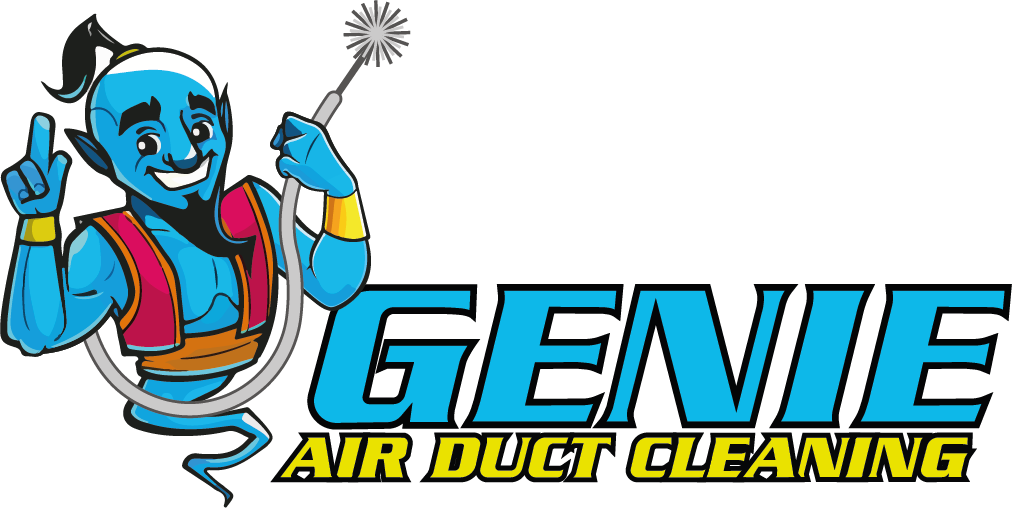Air filters play a crucial role in maintaining indoor air quality and ensuring the optimal performance of heating, ventilation, and air conditioning (HVAC) systems. Regular air filter replacement is a simple yet essential maintenance task that often goes overlooked. In this article, we’ll explore why changing your air filters regularly is important and how it benefits both your health and the efficiency of your HVAC system.
Improved Indoor Air Quality:
Air filters trap dust, pollen, pet dander, mold spores, and other airborne particles, preventing them from circulating in your home.
Regular replacement ensures that the air you breathe is clean and free from allergens, reducing the risk of respiratory problems and allergies.
Enhanced HVAC System Efficiency:
A clogged or dirty air filter restricts the airflow to your HVAC system, making it work harder to maintain the desired temperature.
Regular replacement helps maintain proper airflow, allowing the system to operate efficiently and reducing energy consumption.
Extended Equipment Lifespan:
When the HVAC system doesn’t have to overwork due to a clean air filter, it experiences less wear and tear.
Regular filter replacement contributes to a longer lifespan for your HVAC equipment, saving you money on repairs and replacements.
Energy Savings:
Improved HVAC efficiency results in lower energy consumption, leading to reduced utility bills.
A clean air filter allows your system to operate at peak performance, optimizing energy efficiency and lowering overall energy costs.
Maintaining Temperature Consistency:
Adequate airflow, facilitated by a clean air filter, helps the HVAC system maintain a consistent temperature throughout your home.
This ensures comfort and prevents fluctuations in temperature that can occur when the system is strained due to a dirty filter.
Easy DIY Maintenance:
Air filter replacement is a simple task that can be done by homeowners without the need for professional assistance.
Many filters are readily available and affordable, making regular replacement a cost-effective way to ensure the health of your HVAC system.
Seasonal Considerations:
Consider replacing air filters more frequently during peak usage seasons, such as summer and winter, when HVAC systems tend to work harder.
High pollen seasons may also warrant more frequent replacements to maintain optimal indoor air quality.
Regular air filter replacement is a small investment that pays off in terms of improved indoor air quality, enhanced HVAC efficiency, and cost savings. By incorporating this simple maintenance task into your routine, you can enjoy a healthier living environment and ensure the longevity of your HVAC system.

